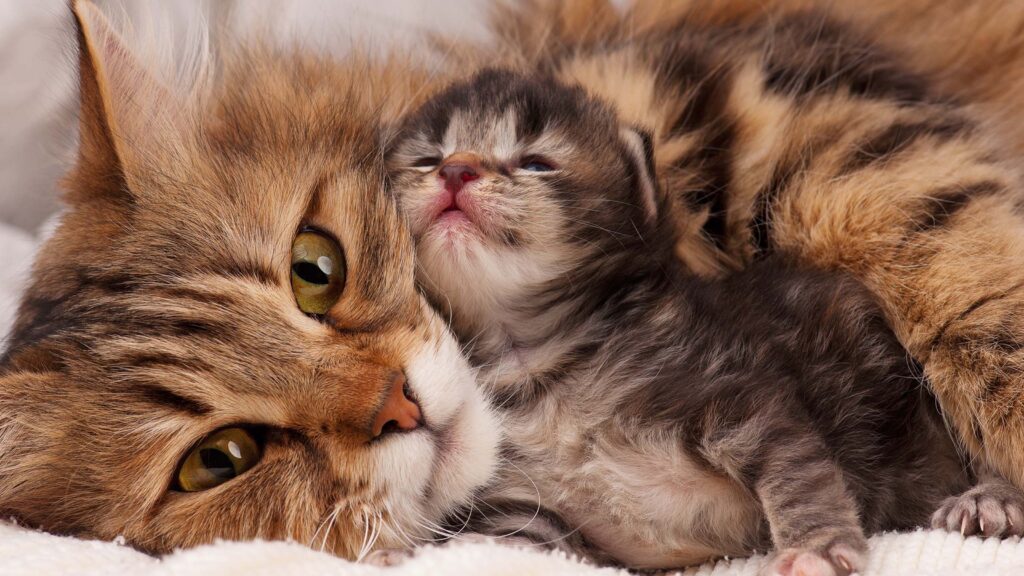
It’s impossible to imagine a time before time, but apparently it existed. Accordingly, we could call the beginning of time more revolution than evolution, given what’s followed. What’s followed is a universe of something instead of nothing, and it doesn’t get more revolutionary than that. Plainly, our universe has a bias towards becoming, a process that’s still happening.
At the subatomic level, and probably lower, at the very ground of existence, this bias of becoming plays out in a continuous dance of affinity and repulsion, integration and disintegration, sameness, and difference. All we see, hear, and feel are the byproducts of this ongoing cosmic dance.
That we observe a bias towards becoming in earth’s living system, effected through what we call the survival instinct and all the complexity it engenders is no surprise. Combined with the chemical, biological and physical transformation of living things, a process we today call Darwinian Evolution, the bias towards becoming requires duration, and that over the passage of time our accumulated living data is preserved with a high degree of accuracy.
Living data, our genetic inheritance of genes (the hard-coding of DNA) and epigenetics (the soft-coding of experience that activates and deactivates gene expression) also unpredictably mutates over time, many millions of years in the case of human beings. It takes great duration and lots and lots of offspring to observe the evidence of evolution.
We all are born to mothers, as is common to all mammals, and we’re fed and protected when young; in mammals, the universal bias of becoming includes love. Despite the mercilessness of nature, the power of love has sustained and still sustains human survival.
Herein we find the roots of ethics – the experiences of love and hate, attraction and rejection – at the heart of human culture. Human cultural diversity, until recently, was enormous. There are still over 7,000 languages spoken globally; linguists estimate that 10,000 years ago that number was over 30,000. Globalization and advanced technology have greatly reduced cultural diversity, but the bias towards becoming has not weakened one iota.
Our ethical precepts, not just soft-coded in oral instructions but also hard-coded in written form as laws and constitutions, are not subject to the dynamics of Darwinian evolution; time is too short. Moreover, ethics vary widely between cultures and even within cultures tend to drift over time, often reverting to the mean.
A “reversion to the mean” designates one thing in statistics, and yet another poetically; being “mean” to each other is a recurrent human problem. Cultural ethics are not genetically coded, and instead float before us in the imaginary space of consciousness, thought, and emotion. Accordingly, in their own bias towards becoming, Fascism, fundamentalism, and authoritarianism display cultural cruelty.
The survival instinct of the bias of becoming inclines us towards predatory behavior, an unfortunate inheritance of our animal nature; when push comes to shove, we’ll do almost anything to survive. In such circumstances, cultural ethics confront the persistence of our survival instincts, manifesting in labored rationality about bombing civilians, national defense, cultural identity, and what constitutes justice. As we see in the recent decisions of our Not Very Supreme Court, ethical evolution moves sporadically in fits and starts.
Human ethics are wedded to the bias of becoming, the heredity of a cosmic evolutionary history of something instead of nothing that necessarily resonates within universal cycles of evolution, revolution, and extinction. And that’s the way it is.